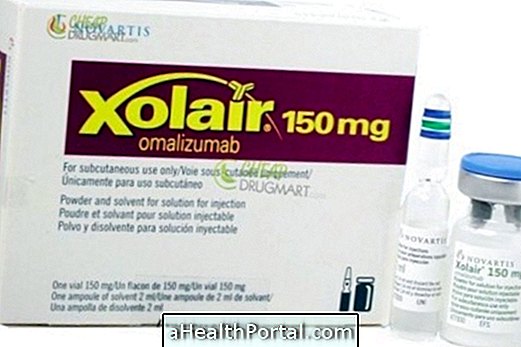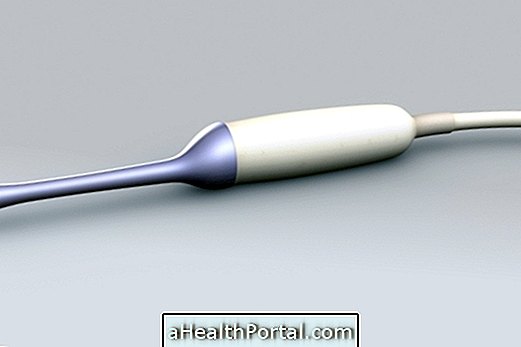Ocrevus is a recommended remedy for Multiple Sclerosis, from Roche. This medicine is a monoclonal antibody produced in a synthetic form, in laboratory, whose active principle is Ocrelizumabe.
This medication is an injection that must be given to the hospital because it is necessary for the patient to be monitored for at least 1 hour after its application because serious reactions such as suffocation can occur, requiring immediate medical intervention. The most serious reactions are more common in the first application of this injection, and therefore, some hospitals may opt for 1-day hospitalization for the application of this 1st dose. At subsequent doses, since severe reactions are less common, hospitalization may not be necessary, and the patient is only observed for 1 hour.

What is it for
This medication is used to combat the progression of Multiple Sclerosis and is indicated for adult patients diagnosed with Multiple Sclerosis of the outbreak-remission or in case of Primary Progressive Multiple Sclerosis.
Price
The drug Ocrevus (ocrelizumab) costs about 38 thousand reais, but it is made available by SUS.
How to use
This medicine should be used by intravenous infusion in a hospital setting. Before application it is necessary to:
- Apply 100 mg of intravenous methylprednisolone, or an equivalent drug, approximately 30 minutes before each infusion of Ocrevus to prevent problems related to the infusion of the drug;
- Take an antihistamine 30 to 60 minutes before infusion to decrease the risk of allergic reaction;
- Take an antipyretic such as paracetamol 30 to 60 minutes before infusion to maintain normalized body temperature.
The first application of ocrelizumab injection is done in separate doses. The initial dose being 300mg in one week, plus 300mg, 2 weeks later. The following doses can be performed together, totaling 600mg per infusion, every 6 months. The minimum interval between each dose is 5 months.
Possible side effects
The most common side effects that can occur with the use of Ocrevus are upper respiratory infection, nose and throat irritation and flu symptoms. Infections may also occur in other regions of the body.
In addition, other, more serious reactions may occur after the 1st infusion, being more frequent within the first 24 hours, such as itching of the body, rash, urticaria, redness, oropharyngeal irritation, oropharyngeal pain, shortness of breath, swelling of the throat difficulty breathing, redness of the face, low blood pressure, fever, fatigue, headache, dizziness, nausea and increased heart rate.
When not to be used
Ocrelizumab is contraindicated in children and adolescents under 18 years of age because studies of its efficacy and safety in this age group have not been performed.
In addition, it should not be used in case of active infection, as in case of active hepatitis B, and in case of severe immune compromise with lymphopenia, neutropenia, hypogammaglobulinemia, or active cancer. The use of other immunosuppressants at the same time as Ocrevus, with the exception of corticosteroids, is not recommended for the symptomatic treatment of outbreaks.
It should also not be used in people who have had an infusion reaction of this medicine before.
Women of childbearing potential should not become pregnant within 1 year of initiating ocrelizumab therapy.



















